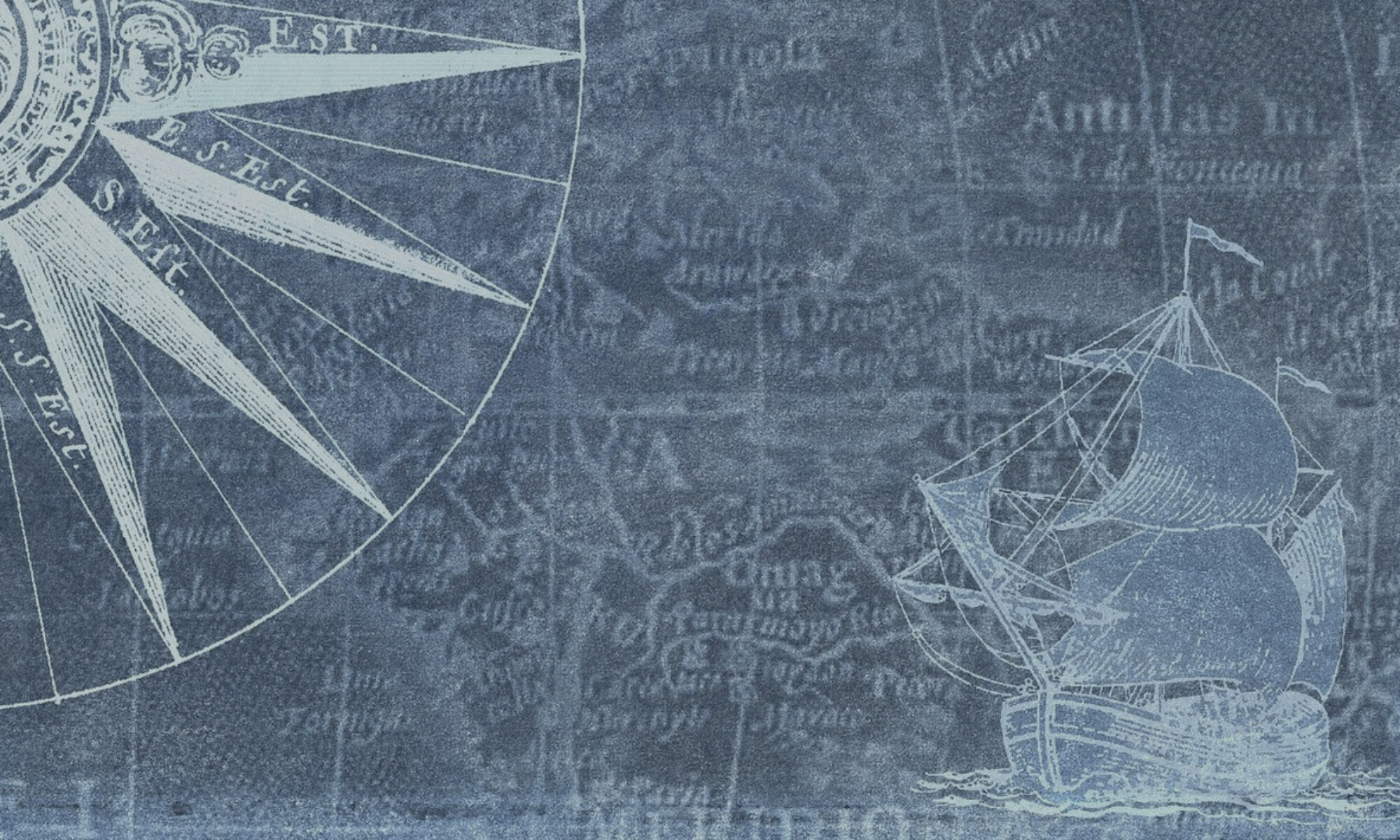LIFE AND NARRATIVE
The Life of Nancy Prince
Nancy Gardner Prince was a free black woman from Massachusetts. From 1824 to 1833, she lived in Russia, where her black Bostonian husband was employed as an imperial palace guard. After her return to Boston and the death of her husband, she established an orphanage for black children and became active in the city’s abolitionist and missionary circles.
In 1840, an encounter with a minister from Jamaica inspired Prince to engage in missionary and educational work among its recently emancipated black population. She made two trips to Jamaica, but her efforts there failed due to political conflicts, corruption, and a lack of funding. After her first journey, Prince published The West Indies: Being a Description of the Islands, Progress of Christianity, Education, and Liberty Among the Colored Population Generally (1841). It explicitly warns African Americans against undertaking similar enterprises. Following her second journey, Prince integrated this text into the Jamaica section of her memoir, A Narrative of the Life and Travels of Mrs. Nancy Prince: Written by Herself (1850).
The Narrative of Mary Prince
In line with 19th century ideas about female respectability and the Protestant work ethic, Nancy Prince presents herself in her autobiography as a self-reliant American woman moved by the desire to serve God and human society. She invokes divine support to justify her activities and decisions, while modestly voicing doubts about her abilities. Prince emphasizes that most of the businesses ventures she undertook also served charitable purposes, such as fostering poor children and providing education.
The personal experiences in her text are used as a springboard for a wider social critique of slavery and the financial and moral corruption it continued to foster even after abolition. Prince uses these different strategies to gain the interest of both white and black readers in her connected causes of abolition and Christian mission, particularly when she describes her religious work in Jamaica.
SOURCES AND FURTHER READING
Primary Sources
-
- Prince, Nancy. A Narrative of the Life and Travels of Mrs. Nancy Prince: Written by Herself. 2nd ed. 1853. Collected Black Women’s Narratives. Introd. Anthony G. Barthelemy. New York Oxford UP, 1988. Orig. pag.
- Prince, Nancy. The West Indies: Being a Description of the Islands Progress of Christianity, Education, and Liberty among the Colored Population Generally. Boston: Dow & Jackson, 1841.
Selected Research Literature
-
- Birkle, Carmen. “Traveling and the Discourse of Economy in Nancy Prince’s Travel Narrative.” In-Between Two Worlds: Narratives by Female Explorers and Travelers 1850-1945. Ed. Béatrice Bijon and Gérard Gâcon. New York: Peter Lang, 2009. 17-34.
- Carby, Hazel V. “‘Hear My Voice, Ye Careless Daughters’: Narratives of Slave and Free Women before Emancipation.” Black Women’s Intellectual Traditions: Speaking Their Minds, edited by Kristin Waters and Carol B. Conaway, University of Vermont; University Press of New England, 2007. 91-112.
- Fish, Cheryl J. Black and White Women’s Travel Narratives: Antebellum Explorations. University Press of Florida, 2004.
- Fitzpatrick, Kristin. “American National Identity Abroad: The Travels of Nancy Prince.” Gender, Genre, and Identity in Women’s Travel Writing. Ed. Kristi Siegel. New York: Peter Lang, 2004. 263-78.
- Gunning, Sandra. “Nancy Prince and the Politics of Mobility, Home and Diasporic (Mis)Identification.” American Quarterly 53,1 (March 2001): 32-69.
- Moody, Jocelyn. “Unsentimental Journeys: Christian Landscapes of Women’s Slavery.” Mapping the Sacred: Religion, Geography and Postcolonial Literatures. Ed. Jamie S. Scott and Paul Simpson-Housley. Amsterdam: Rodopi, 2001. 155-78.
- Steadman, Jennifer Bernhardt. Traveling Economies: American Women’s Travel Writing. Ohio State University Press, 2007.
ONLINE RESOURCES AND LINKS
Biographies
-
- Benstead, Amelia. “Nancy Prince.” United States National Park Service, 2021. https://www.nps.gov/people/nancy-prince.htm
- Yee, Shirley. “Nancy Gardner Prince (1799-ca. 1856).” BlackPast.org, 22 February 2007. https://www.blackpast.org/african-american-history/prince-nancy-gardner-1799-c-1856/
General Interest and Educational Sources
-
- Cox, Fiona Mairi. “‘Darkness that might be felt’: A Black Woman in Imperial Russia.” The Exeter Language and Culture Blog, Hosted by the Department of Modern Languages and Cultures, University of Exeter, 7 October 2021. https://blogs.exeter.ac.uk/exeterlanguageandculture/2021/10/07/darkness-that-it-might-be-felt-a-black-woman-in-imperial-russia/
- Karttunen, Frances. “Nancy Gardner Prince, daughter of a Black Nantucket whaler.” Nantucket Historical Association, 2022. https://nha.org/research/nantucket-history/history-topics/nancy-gardner-prince-daughter-of-a-black-nantucket-whaler/
